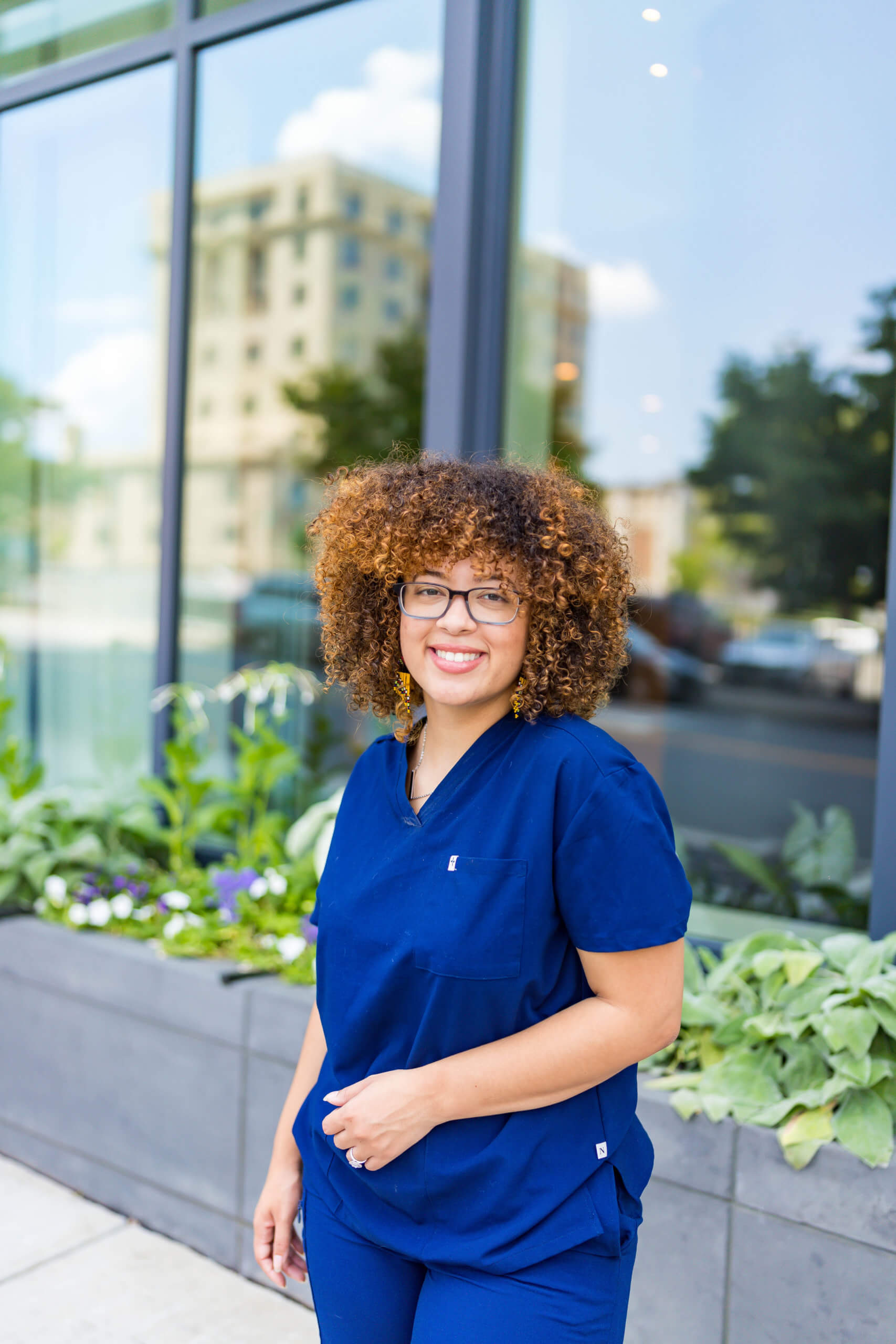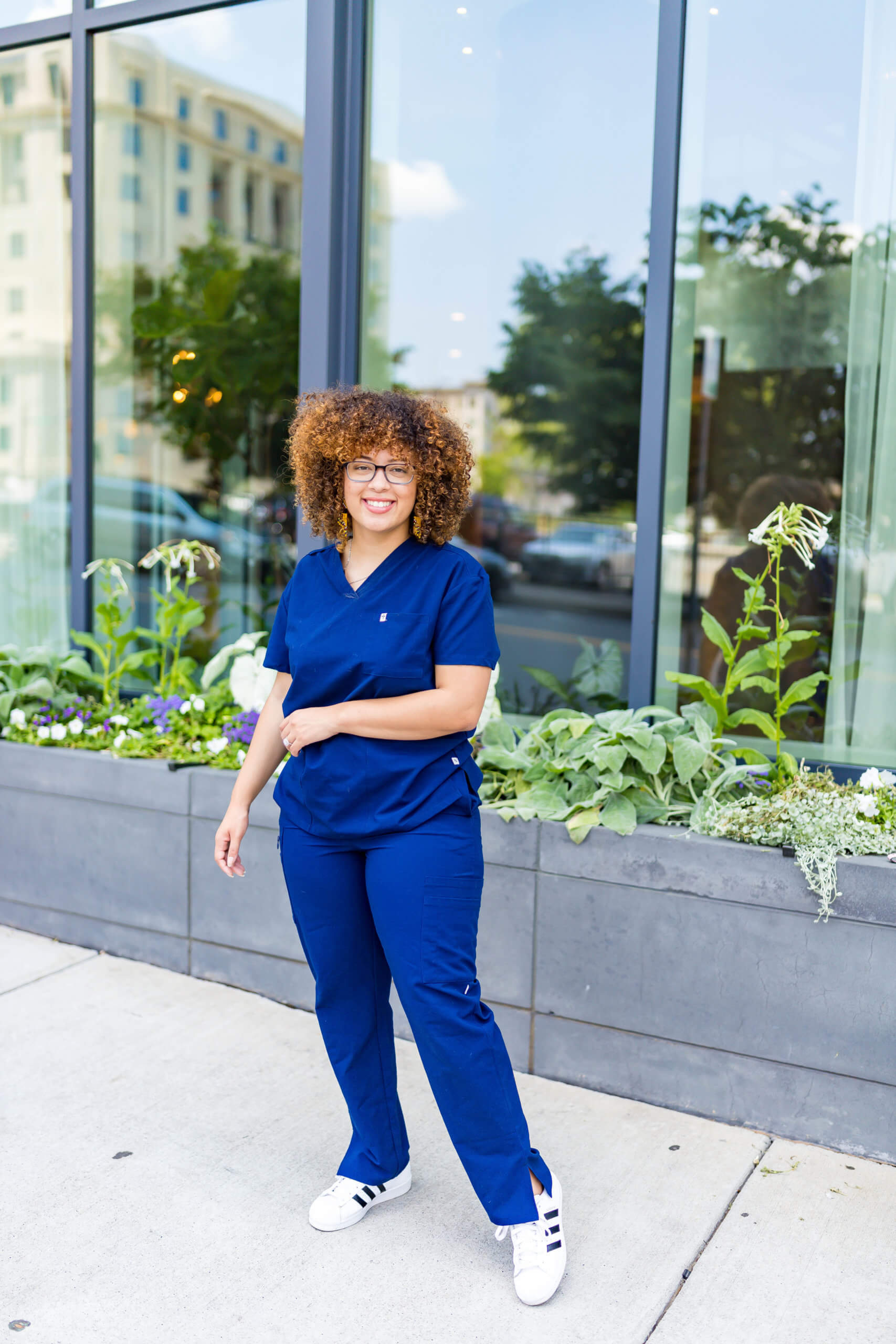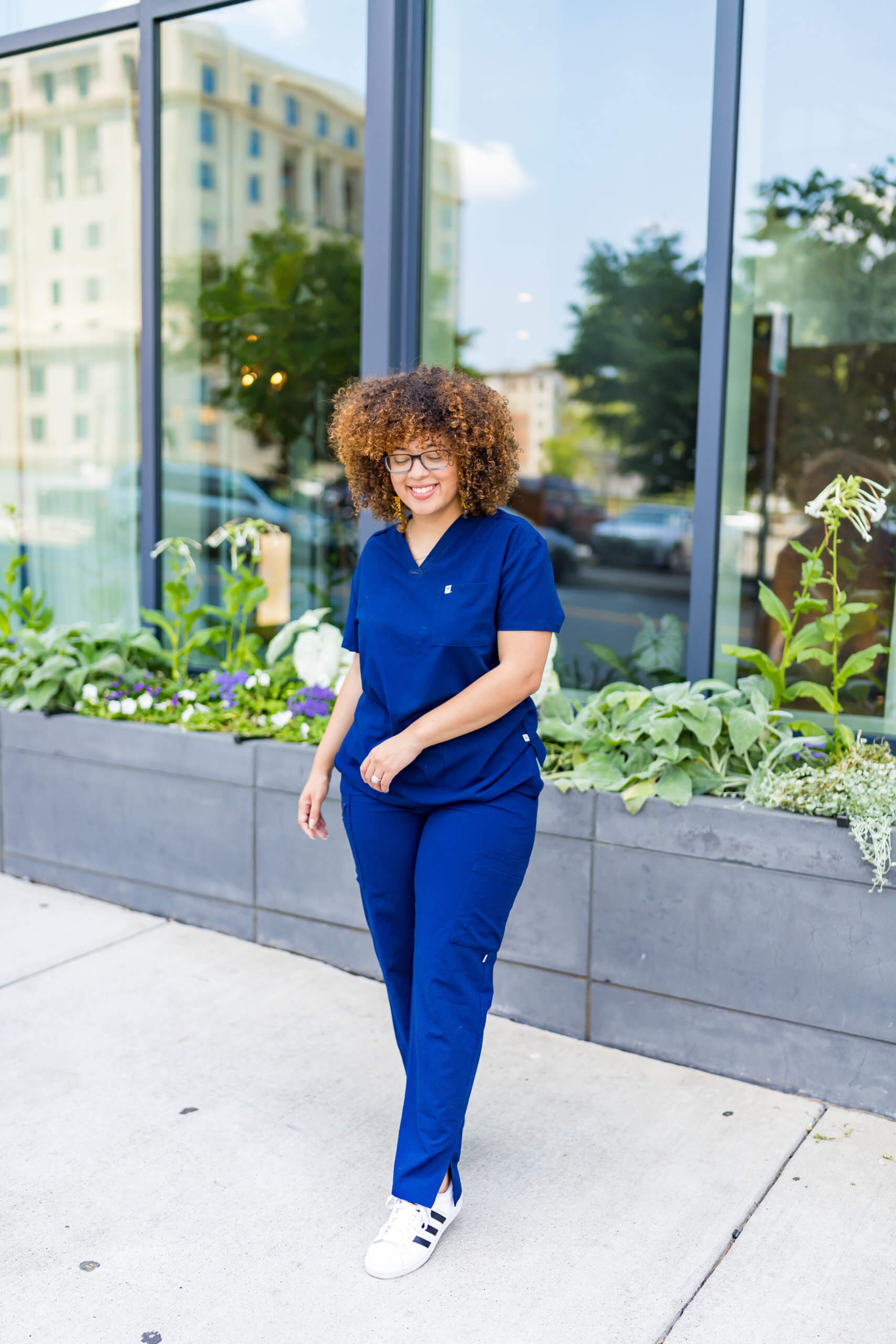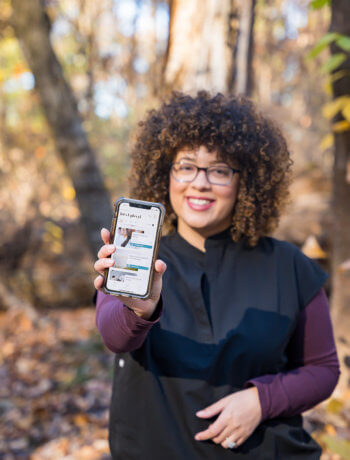As an incoming pharmacy student, you may be asking yourself if it’s possible for you to have a pharmacy intern job in pharmacy school. Let me tell you that it’s not only possible, but it’s highly recommended to do so even if you can only work a few hours a week. During my entire pharmacy school journey, I held down not 1 but 2 part time jobs and a full course load. Now that I think back on it, I must’ve been a crazy person because I can’t imagine having that much time in a day now. If you’re concerned about juggling your schoolwork and a parttime job, let me share with you the key to balancing it all: quality time management and honesty with yourself.
Why You Need a Job in Pharmacy School
Pharmacy school does a great job of teaching you the pharmacology knowledge and they give you a chance to get real life experience with your rotations. But let’s be real nothing beats real life experiences working in a pharmacy that you aren’t being graded for. You not only get to learn the drugs that are being used regularly, but you get the chance to learn about insurance, interact with patients, network with different pharmacists, and learn about what your job may be like in the future. This obviously differs depending on if you work in retail, hospital, or any other unique setting. By working now while you’re in college, you’ll have an easier transition going from pharmacy student to pharmacist.
Now before you go out there and take the first job that you are offered, be honest with yourself and your future employer about your limitations and work schedule. Unless you are working to pay the bills, you should only be taking the hours that you can reasonably manage with your studies. Pharmacy school comes first, first and foremost.
How to Land a Pharmacy Intern Role
Just like any job, many hospitals and retail pharmacies post online when they are hiring pharmacy intern roles and what year (P1, P2, or P3) that they are looking for. If you see a company that you want to work for and don’t see an open position, don’t be shy! Reach out to them and see if they hire pharmacy interns. Some companies will only hire pharmacy interns by word of mouth or when their current students graduate, but don’t let that stop you from making the effort.
To work as a pharmacy intern in the US, you do have to register with your state’s Board of Pharmacy, and you have to obviously be in pharmacy school. You can start working as a pharmacy intern usually the summer before your P1 year, but this varies between companies when they allow pharmacy interns to start working. Some companies will wait until you have at least 1 year of pharmacy school under your belt while others don’t care.
Before reaching out to potential employers, you’ll want to make sure that your CV or resume looks amazing and highlights all of your strong points. If you don’t currently have a CV, I highly recommend checking out the CV Template that I have for sale online. It’s a simple, but professional template that is easy to plug in your information and use right away.
Pharmacy Intern Responsibilities and Pay
As a pharmacy intern your role is a blend of a pharmacy technician and a pharmacist’s job. You can do everything that a technician can and almost everything that a pharmacist can do as long you’re being supervised by a pharmacist on duty. The key is that everything that you do has to be checked off and verified by a pharmacist, including giving vaccinations, providing counseling, making IV solutions, giving recommendations, etc.
Pay varies from company to company. Generally, first year pharmacy students start off at a base rate, which increases every year that you complete in your program. Don’t forget that pharmacy intern licenses are good for 5 years (make sure to double check that with your individual state!).
Tips On Balancing a Part Time Job and School
1. Prioritize your life, health, and schoolwork
Prioritizing your life, health, and schoolwork is the easiest way to learn how to balance a part time job and school. The reason for this is because you learn how to make your time more meaningful and how much time you need for each task on your to-do list.
When I used to work two jobs in pharmacy school, I knew what classes needed more of my time and which ones I didn’t need to put as much effort in. This definitely allowed me to utilize my time more effectively, and I made sure to always prioritize my health over my studies. If I felt like I was at the point in my studying where nothing else was going in, I took a break to do something else. I relaxed, watched a movie, called a friend, etc. It’s just as important to take care of yourself in college, physically and mentally.
2. Be honest with yourself
Honesty is the key to a successful college experience, especially if you are juggling a part time job and pharmacy school. Juggling two different responsibilities can be tough and exhausting – let’s not sugarcoat that simple fact. Before you take on the responsibility of a pharmacy intern job, be honest with yourself about what you can handle. If you aren’t sure what your limits are, start off slow by taking on 5 or 10 hours of work per week.
After working for a few weeks, take note of your grades, your mental health, and how you feel physically. Do you feel overwhelmed, exhausted, tired? At this point, you should be able to tell if this is something that you can handle or not.
3. Communication
Part of balancing a part time job and school is clear communication between yourself and your employer. Before starting your new job, make it clear your expectations, course load, and priorities. Normally a boss that is aware of your upcoming school responsibilities (such as tests, school events, etc) is more likely to be accommodating and flexible with your work schedule. Be honest, plan ahead, and be reliable when you are at work. You’ll want to make a good impression at your job. You never know who may be recommending (or not) for a future pharmacist role.
4. Make a schedule and keep to it
When you have a full course load and a part time job, it’s easy to forget things that come up in your schedule. Between schedule changes and new assignments, you don’t want to rely on your memory to remember everything. And you sure as heck don’t want to do things on a whim. Write down everything that needs to be accomplished this week and make a schedule that will allow you to complete them all (or if not most). Use a digital or paper planner to schedule out your week. As you progress in your studies, you’ll get a better understanding of how long it takes you to do things and can make a better schedule based on it.
5. Don’t procrastinate
You may have heard this before, but procrastination is the thief of joy. To be more productive within your busy day, you have to plan ahead and be able to recognize when you’re procrastinating. It’s incredible how much time can go by when you’re watching Netflix or hanging out with friends. When you feel like you need a mental break from studying, take it. Set a timer for 10-15 minutes to go do something that you enjoy. When the timer dings, immediately get back to work and knock out of the rest of your assignment. Taking breaks will help you feel less stressed and allow you to get more work done.
6. Get enough sleep
Trust me, I’ve been there before – pulling all-nighters and even sleeping in the study room in my pharmacy program. It’s 100% not worth it! Not getting sleep actually makes you do worst on the exam than you may realize. Let me explain your brain uses the time that you’re sleeping to store memories into short term and long term. When you don’t sleep the night before an exam, you likely won’t remember much of what you studied in the wee hours of the night. You’ll also have a hard time recalling the information and concentrating on the exam. Since the material taught in pharmacy school can save lives, it’s crucial for you to learn it. As a guideline, you should be shooting for 6-8 hours a sleep per night.
7. Set aside “Me Time”
When you’re overwhelmed with a packed schedule, it’s easy to forget to care of the one thing that is important: yourself. It starts off slowly but it can quickly lead to burnout, depression, and health issues. The easiest way to set aside personal time is to schedule it in your agenda. Short on time, take a few minutes to write down what you’re grateful for or do mediation to recenter your mind. Having “me time” can look different for each of us, but the concept is the same. Spend time with yourself to do something that you enjoy, whether that be spending time with your partner, reading a book, or going to the gym.
8. Keep your goals in mind
As you get overwhelmed and struggle to find a balance, it can be easy to forget why you’re doing this. During the times when you may be struggling, keep your goals in mind and the reasons that got you to this point in life. For me I always like to put things into perspective and remember how a few years ago I was praying to be in the position that I am in today. Nothing like a mindset shift to change entire mood!









